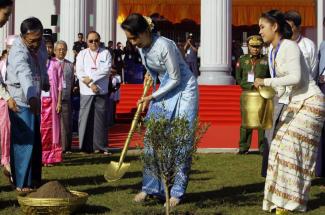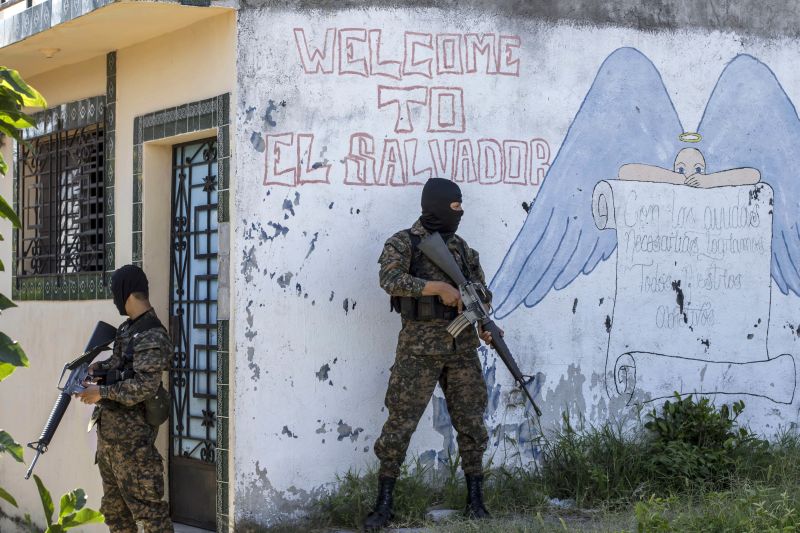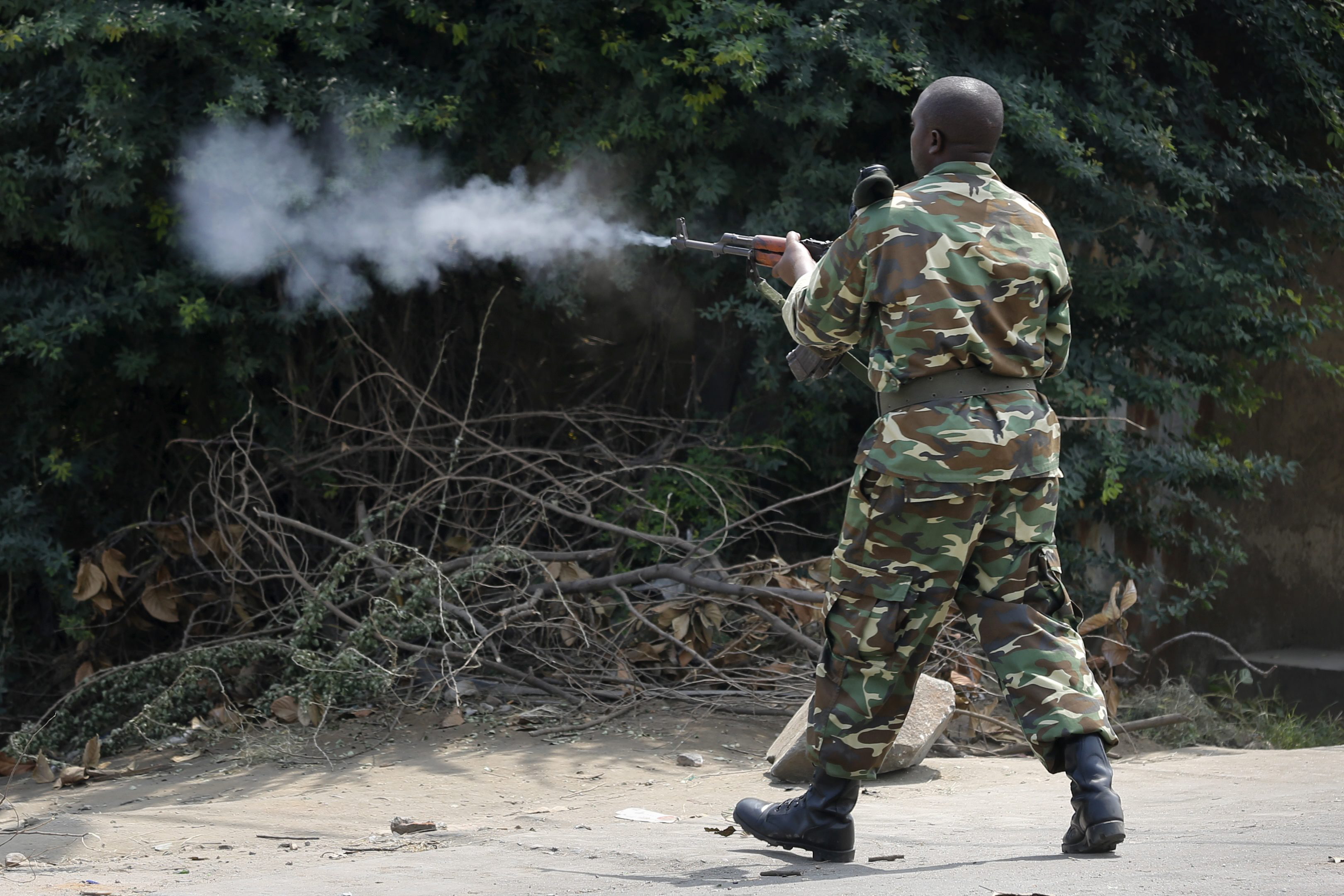Myanmar
From euphoria to disillusionment

Before the election, Aung San Suu Kyi, the leader of the NLD and internationally celebrated democratic icon, campaigned for a new, democratic and just Myanmar and promised her government would listen to all citizens. In particular, she wanted to promote national reconciliation and the establishment of a federal democratic union.
The new government took office on 1 April 2016. Suu Kyi was appointed “state counsellor” which makes her Myanmar’s de facto head of state. The military continues to hold a quarter of all parliamentary seats, however. Its blocking minority gives it tremendous influence on policymaking. Nevertheless, hope and optimism were strong initially that a real democratic transformation would take place.
Increasingly, dissatisfaction and disappointment are becoming evident, however. The year 2016 saw old conflicts intensify. Armed conflicts between ethnic groups and the national army intensified. In particular, tensions escalated in Rakhine State.
The peace process between Myanmar’s government and ethnic groups is stalling. The Panglong Conference, which was initiated by Suu Kyi, was supposed to become a milestone – but it hasn’t made much of a difference. Contrary to government promises, some parties to the conflict were not invited to attend, and there was virtually no space for open discussion and exchange of views.
The price that ethnic militias must pay for getting a seat at the negotiating table is high. The military demands that they disarm and demobilise. Doing so is risky, however, given numerous government military assaults on ethnic groups. Without prior government concessions, not much will change in this regard in the foreseeable future.
Recently, new skirmishes occurred, mainly in northern Kachin and Shan States, where a new alliance of ethnic militias has formed. It calls itself the Northern Alliance-Burma. The fighting has led to the displacement of tens of thousands of people in the past few weeks. Many people have fled across the Chinese border, and the authorities are hampering the supply of humanitarian aid in the conflict zones. The military appears to want to put on a show of strength to boost its negotiating position.
These events, however, have been overshadowed by the dramatic developments in Rakhine State which have attracted international media attention (see article in D+C/E+Z e-Paper 2017/02). State security forces have perpetrated numerous human-rights abuses after attacks on Myanmar’s border posts in October 2016, which have been blamed on an Islamist movement among the Rohingya minority. To date, some 70,000 people have fled to Bangladesh. The UN considers it likely that crimes against humanity were committed, including rape and extrajudicial killings. The government has so far denied all accusations.
There has been little improvement in regard to civil rights and political liberty. Some progress has been made. The so-called Emergency Provisions Act, which served to suppress dissidents, has been lifted, and first steps have been taken towards ending impunity. However, under Suu Kyi’s leadership, civil-society actors and journalists have come under pressure on numerous occasions.
One must bear in mind, moreover, that the political power structures have hardly changed in Myanmar. According to the constitution, the military is not only beyond of the government’s control but is even in charge of the three most important ministries: home affairs, defence and border affairs.
Suu Kyi and the NLD have very little room for manoeuvre. The government should make every effort to steer the country on a path of democratic reform. It could bring about decisive progress by forming alliances with civil society this year.
Christina Grein leads the Burma Initiative at the Stiftung Asienhaus, a non-governmental foundation based in Cologne.
christina.grein@asienhaus.de
Link
Burma-Initiative (in German):
http://www.asienhaus.de/burma










